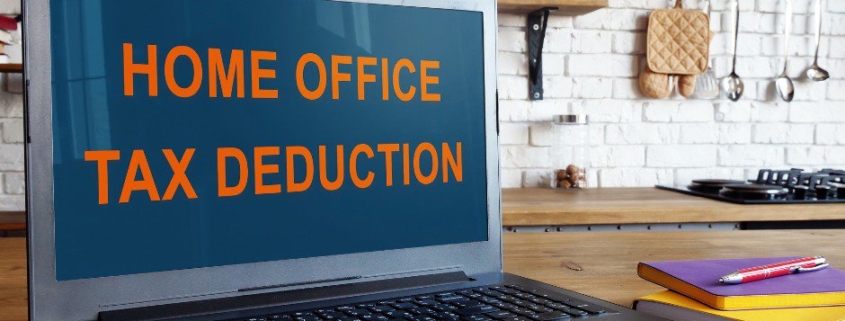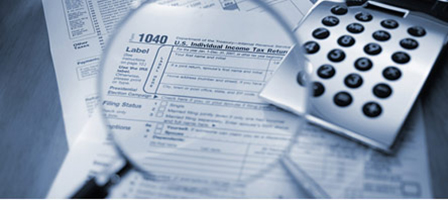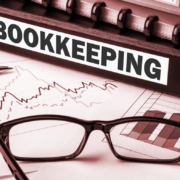Run a business from home? You May Qualify for Home Office Deductions
- Find out who qualifies for home office deductions.
- Learn about what you can deduct.
- Discover the two methods to calculate deductions.
- Find out if you can switch methods.
- Learn what happens if you sell your home.
- Find out if employees qualify for home office deductions.
During the COVID-19 pandemic, many people are working from home. If you’re self-employed and run your business from your home or perform certain functions there, you might be able to claim deductions for home office expenses against your business income. There are two methods for claiming this tax break: the actual expenses method and the simplified method. Fiducial has more information below!
Who qualifies for home office deductions?
In general, you qualify for these deductions if part of your home is used “regularly and exclusively” as your principal place of business.
If your home isn’t your principal place of business, you may still be able to deduct home office expenses if 1) you physically meet with patients, clients or customers on your premises, or 2) you use a storage area in your home (or a separate free-standing structure, such as a garage) exclusively and regularly for business.
What can you deduct?
Many eligible taxpayers deduct actual expenses when they claim home office deductions. Deductible home office expenses may include:
- Direct expenses, such as the cost of painting and carpeting a room used exclusively for business,
- A proportionate share of indirect expenses, including mortgage interest, rent, property taxes, utilities, repairs and insurance, and
- Depreciation.
But keeping track of actual expenses can take time and require organization.
How does the simpler method work for home office deductions?
Fortunately, there’s a simplified method: You can deduct $5 for each square foot of home office space, up to a maximum total of $1,500.
The cap can make the simplified method less valuable for larger home office spaces. But even for small spaces, taxpayers may qualify for bigger deductions using the actual expense method. So, tracking your actual expenses can be worth it.

Can I switch?
When claiming home office deductions, you’re not stuck with a particular method. For instance, you might choose the actual expense method on your 2020 return, use the simplified method when you file your 2021 return next year, and then switch back to the actual expense method for 2022. The choice is yours.
What if I sell the home?
If you sell — at a profit — a home that contains (or contained) a home office, there may be tax implications. Your Fiducial representative can explain them to you.
Also, be aware that the amount of your deductions is subject to limitations. The rules base these limitations on the income attributable to your use of the office. Other rules and limitations may apply. But any home office expenses that can’t be deducted because of these limitations can be carried over and deducted in later years.
Do employees qualify for home office deductions?
Unfortunately, the Tax Cuts and Jobs Act suspended the business use of home office deductions from 2018 through 2025 for employees. Those who receive a paycheck or a W-2 exclusively from their employers aren’t eligible for deductions, even if they’re currently working from home.
We can help you determine if you’re eligible for home office deductions and how to proceed in your situation. Call Fiducial at 1-866-FIDUCIAL or make an appointment at one of our office locations to discuss your situation.
Ready to book an appointment now? Click here. Know someone who might need our services? We love referrals!
For more small business COVID-19 resources, visit Fiducial’s Coronavirus Update Center to find information on SBA loans, tax updates, the Paycheck Protection Program, paid sick and family leave, and more.









